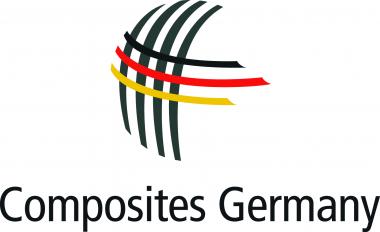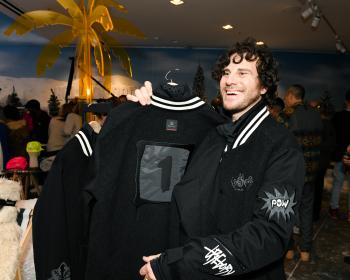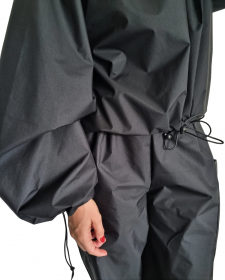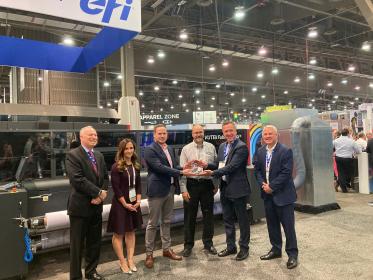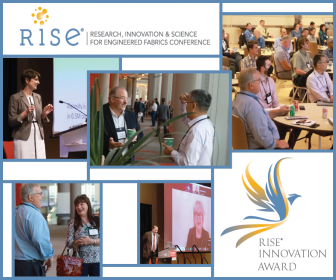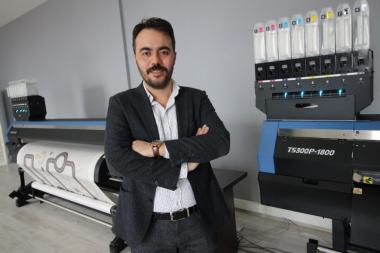SGL Carbon SE: Annual General Meeting 2023
The shareholders of SGL Carbon SE approved all agenda items at the Annual General Meeting on May 9, 2023. The Annual General Meeting, which was held virtually, was attended by up to 114 electronically connected shareholders who, together with the postal votes submitted, represented 64.64% of the share capital.
CEO Dr. Torsten Derr began his speech with a review of SGL Carbon's two-year transformation phase. "In two years, we have been able to increase our sales by 23.5% and adjusted EBITDA by as much as 86.2%. In parallel, we reduced our debt by 40.4%," Dr. Derr elaborated. He also reported on the past financial year and the expectations for the future economic development of the company. In doing so, he also addressed SGL Carbon's growth markets in detail. "Over the past two years, we have made SGL fit for the future. With our products, we serve industries that significantly reflect the trends for the future: climate-friendly mobility, renewable energies and digitalization," he explained.
After 14 years on the Supervisory Board of SGL Carbon, this was Dr. h.c. Susanne Klatten's last Annual General Meeting as Chairwoman of the Supervisory Board. She had already informed the Company on February 14, 2023, that she would be leaving the Board at the end of this Annual General Meeting. As the largest shareholder, Dr. h.c. Klatten will remain associated with SGL Carbon through SKion GmbH.
As proposed, the Annual General Meeting elected Prof. Dr. Frank Richter as a shareholder representative on the Supervisory Board to succeed Dr. h.c. Susanne Klatten. Following the Annual General Meeting, the constituent meeting of the Supervisory Board elected Prof. Dr. Richter as Chairman of the Supervisory Board. Prof. Dr. Richter is Managing Director of SKion GmbH, Bad Homburg, which holds a stake of approximately 28.55% in SGL Carbon SE. Furthermore, Ingeborg Neumann, Managing Partner of Peppermint Holding GmbH, Berlin, was elected to the Supervisory Board of SGL Carbon SE for a further term of office.
SGL Carbon SE



















